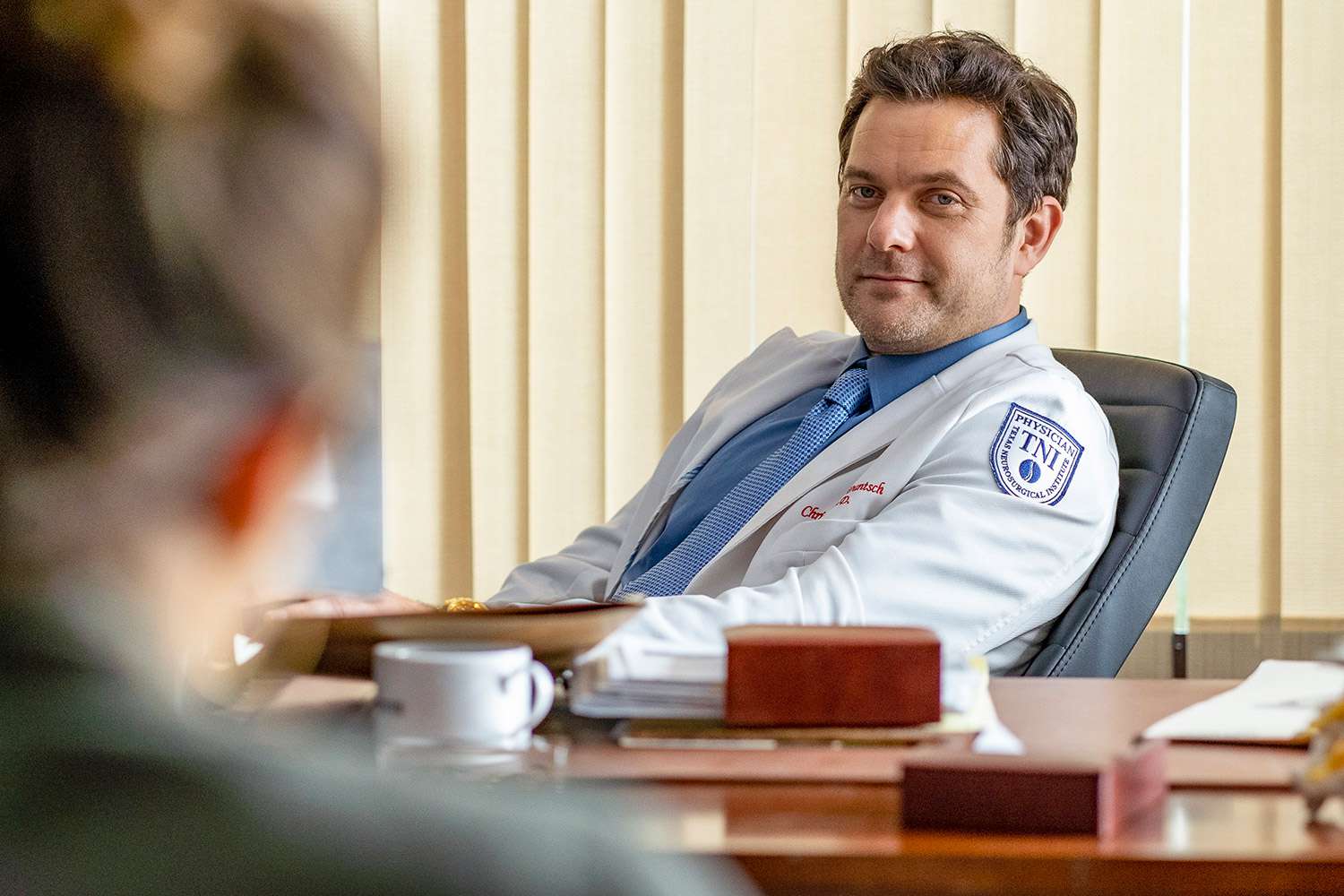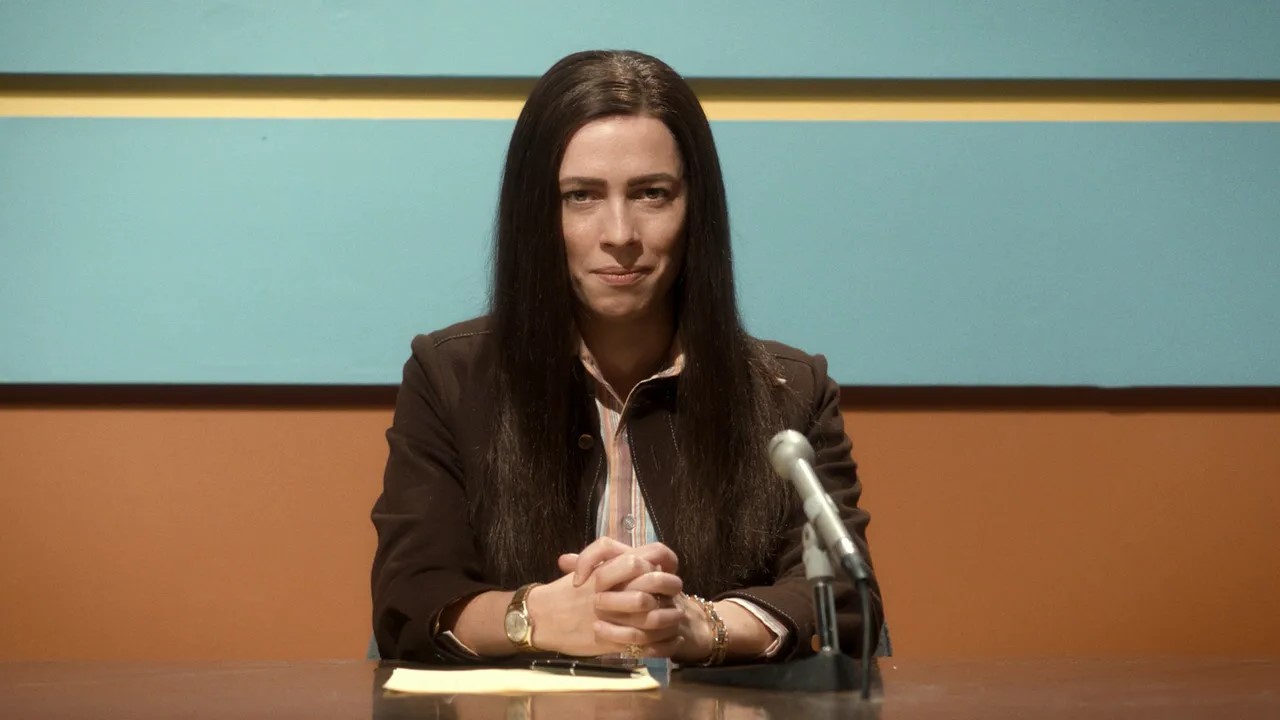
Who was Christopher Duntsch? Known as "Dr. Death," Christopher Duntsch was a neurosurgeon whose medical career took a dark turn. He operated in Texas, leaving a trail of injured patients and tragic outcomes. His story is a chilling reminder of the importance of medical oversight and patient safety. Duntsch's actions led to multiple lawsuits, a revoked medical license, and eventually, a life sentence in prison. His case has been the subject of documentaries, podcasts, and even a TV series, highlighting the devastating impact of his malpractice. Christopher Duntsch serves as a cautionary tale in the medical community.
Key Takeaways:
- Christopher Duntsch, also known as Dr. Death, was a neurosurgeon whose botched surgeries led to severe injuries and even deaths. His case sparked crucial discussions about patient safety and accountability in the medical field.
- The shocking story of Christopher Duntsch has prompted ongoing reforms in the medical community, including stricter vetting of surgeons, increased transparency in reporting medical errors, and a focus on ethics and patient safety in medical education.
Who is Christopher Duntsch?
Christopher Duntsch, also known as Dr. Death, is a former neurosurgeon whose medical career took a dark turn. His story is both shocking and tragic, filled with numerous alarming facts.
- Christopher Duntsch was born in Montana in 1971 but grew up in Memphis, Tennessee.
- He attended the University of Tennessee Health Science Center, where he earned both his M.D. and Ph.D.
- Duntsch specialized in neurosurgery, focusing on spinal surgeries.
- He completed his residency at the University of Tennessee, where he was known for his confidence and ambition.
- Duntsch moved to Dallas, Texas, in 2010 to start his medical practice.
The Dark Side of His Medical Career
Duntsch's career took a sinister turn as he began performing surgeries that resulted in severe complications and even deaths.
- He was nicknamed "Dr. Death" due to the high number of botched surgeries he performed.
- Over a span of two years, Duntsch operated on 38 patients in the Dallas area.
- Out of those 38 patients, 31 were left seriously injured or paralyzed.
- Two of his patients died due to complications from his surgeries.
- Duntsch's surgical errors included severing arteries, leaving surgical hardware in patients, and damaging spinal cords.
The Legal Battle and Conviction
Duntsch's actions eventually led to legal consequences, making him one of the few doctors to be convicted for actions taken in the operating room.
- In 2013, Duntsch's medical license was revoked by the Texas Medical Board.
- He was arrested in July 2015 and charged with multiple counts of aggravated assault.
- Duntsch was also charged with injury to an elderly person, a first-degree felony.
- His trial began in February 2017, where prosecutors presented evidence of his gross negligence.
- Duntsch was found guilty and sentenced to life in prison on February 20, 2017.
The Impact on Patients and Families
The aftermath of Duntsch's surgeries left many patients and their families devastated.
- One of his patients, Kellie Martin, died from a massive blood loss after a routine surgery.
- Another patient, Floella Brown, suffered a stroke after Duntsch cut a major artery during surgery.
- Mary Efurd, a 74-year-old patient, was left paralyzed from the waist down after Duntsch operated on her spine.
- Jerry Summers, Duntsch's childhood friend, was left a quadriplegic after a botched surgery.
- Many of Duntsch's patients required additional surgeries to correct his mistakes.
The Medical Community's Response
Duntsch's case prompted significant changes and discussions within the medical community regarding patient safety and oversight.
- The Texas Medical Board faced criticism for not acting sooner to revoke Duntsch's license.
- Hospitals where Duntsch worked were scrutinized for their lack of oversight and failure to report his mistakes.
- The case highlighted the need for better communication between hospitals and regulatory bodies.
- Medical professionals called for stricter regulations and more thorough vetting of surgeons.
- Duntsch's case has been used as a cautionary tale in medical ethics courses.
Media Coverage and Public Awareness
Duntsch's story gained widespread media attention, leading to various documentaries, podcasts, and TV shows.
- The podcast "Dr. Death" by Wondery brought national attention to Duntsch's case.
- The podcast was later adapted into a TV series starring Joshua Jackson as Christopher Duntsch.
- Several documentaries have been made about Duntsch, including "License to Kill" and "Dr. Death: The Undoctored Story."
- Duntsch's case has been featured in numerous news articles and investigative reports.
- Public awareness of medical malpractice increased significantly due to the media coverage of Duntsch's actions.
Lessons Learned and Ongoing Reforms
The case of Christopher Duntsch has led to ongoing reforms and discussions about improving patient safety and accountability in the medical field.
- Hospitals have implemented stricter protocols for vetting surgeons and monitoring their performance.
- There has been a push for more transparency in reporting medical errors and adverse events.
- Patient advocacy groups have called for better support and resources for those affected by medical malpractice.
- Medical schools have incorporated Duntsch's case into their curriculum to teach future doctors about the importance of ethics and patient safety.
- The case continues to serve as a reminder of the potential consequences of negligence and the importance of accountability in healthcare.
Final Thoughts on Christopher Duntsch
Christopher Duntsch's story is a chilling reminder of the importance of medical oversight. His actions left a trail of devastation, affecting countless lives. Despite his promising career, his reckless behavior and lack of accountability led to tragic outcomes. The medical community must learn from this case to prevent similar incidents in the future. Patients deserve competent, compassionate care, and it's crucial to ensure that healthcare professionals meet high standards. Duntsch's case also highlights the need for better reporting and monitoring systems within the medical field. By understanding the gravity of his actions, we can work towards a safer healthcare environment. Remember, vigilance and accountability are key in maintaining trust in the medical profession. Let's strive to ensure that such a tragedy never happens again.
Frequently Asked Questions
Was this page helpful?
Our commitment to delivering trustworthy and engaging content is at the heart of what we do. Each fact on our site is contributed by real users like you, bringing a wealth of diverse insights and information. To ensure the highest standards of accuracy and reliability, our dedicated editors meticulously review each submission. This process guarantees that the facts we share are not only fascinating but also credible. Trust in our commitment to quality and authenticity as you explore and learn with us.


